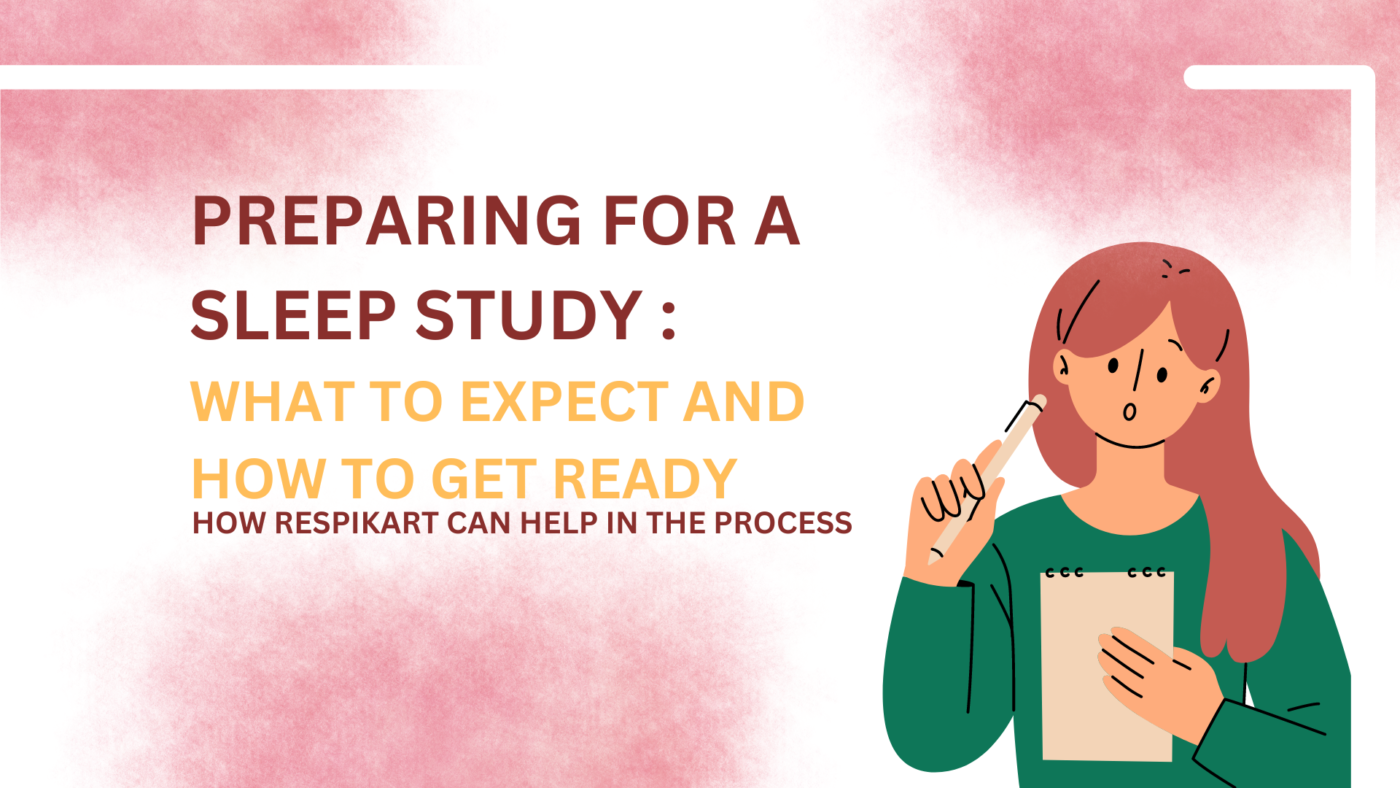No products in the cart.
Sleep Apnea
Preparing for a Sleep Study: What to Expect and How to Get Ready
Introduction:
Undergoing a sleep study can feel intimidating for many individuals, but knowing what to expect and how to prepare can help ease anxiety and ensure a smooth experience. In this blog, we’ll walk you through everything you need to know to get ready for your sleep study, from understanding the procedure to practical tips for preparation.
Understanding the Procedure:
A sleep study, also known as polysomnography, is a non-invasive test that monitors various aspects of your sleep, including brain activity, eye movements, muscle tone, heart rate, and breathing patterns. It’s typically conducted overnight in a sleep center or lab, where trained technicians will monitor your sleep and collect data to diagnose sleep disorders such as sleep apnea, insomnia, or narcolepsy.
Preparing for Your Sleep Study:
During the Sleep Study:
Once you arrive at the sleep center, a technician will attach sensors to various parts of your body to monitor your sleep activity. These sensors are painless and non-invasive, and the technician will ensure that you’re comfortable throughout the process. You’ll then be asked to relax and fall asleep as you normally would at home, while the monitoring equipment gathers data on your sleep patterns.
After the Sleep Study:
After the sleep study is complete, you’ll be able to go home and resume your normal activities. Your sleep specialist will review the data collected during the study and follow up with you to discuss the results and any recommended treatments or interventions.
Respikart’s Home Service:
Respikart’s unique service brings the entire sleep study procedure to your doorstep. A trained sleep instructor will visit your home at a convenient time and set up the necessary equipment for the study. This eliminates the need for travel and allows you to sleep in your own bed, enhancing the accuracy of the data collected. To book sleep study click here Or call our sleep counsellors on 8448440648
Conclusion:
Preparing for a sleep study may seem daunting, but with the right information and preparation, you can approach the experience with confidence and peace of mind. By following these tips and knowing what to expect, you’ll be well-equipped to make the most of your sleep study and take important steps towards improving your sleep and overall health.


